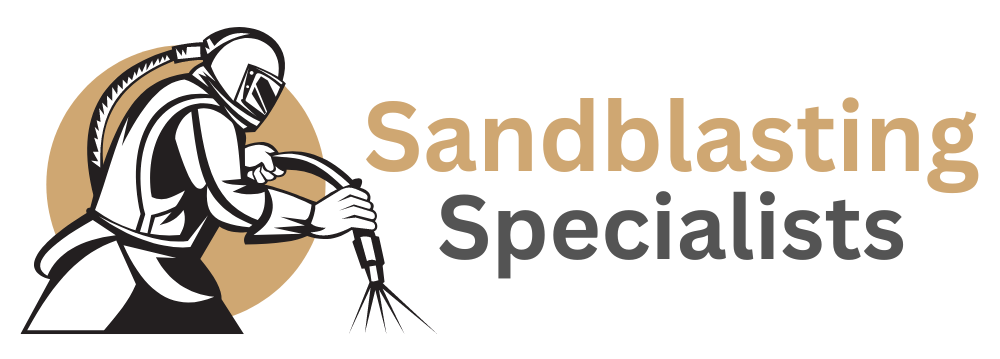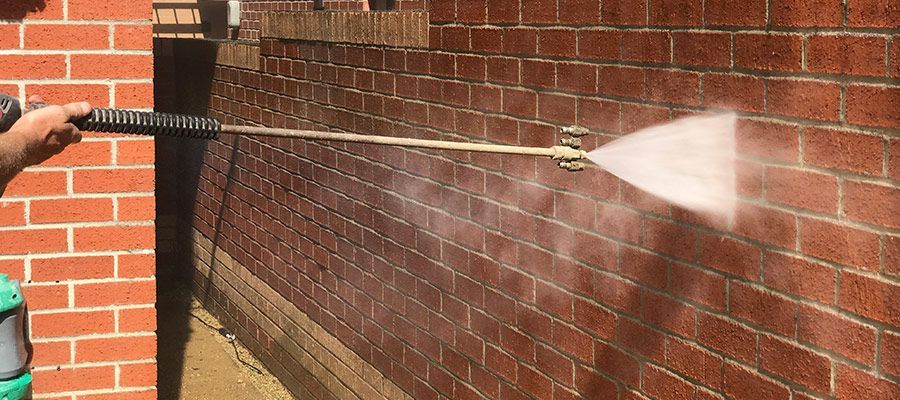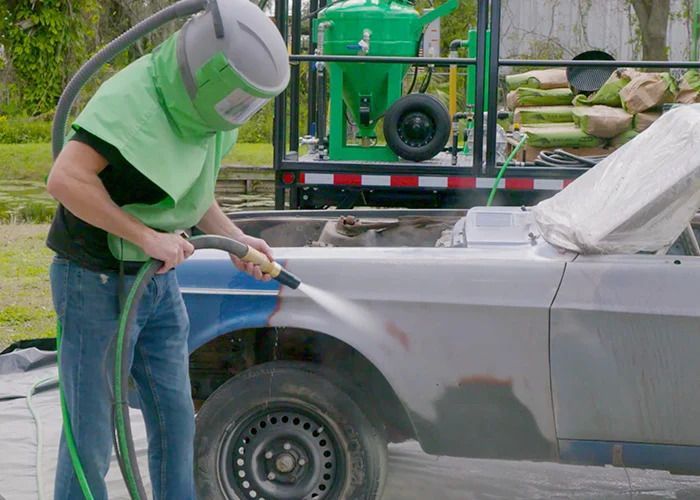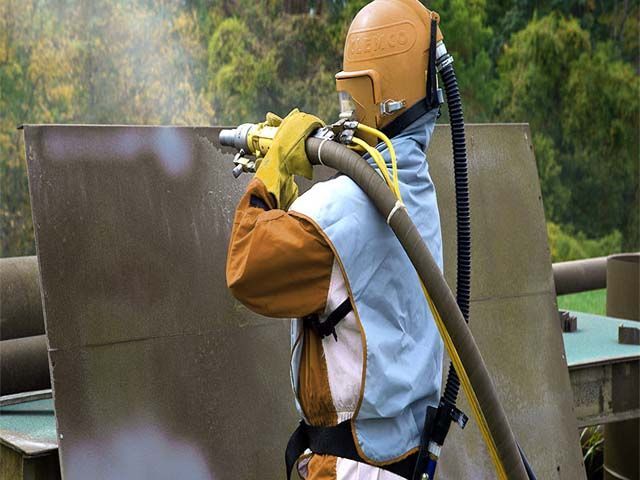How to Maintain Sandblasting Equipment for Longevity Performance
Proper maintenance of sandblasting equipment is essential for ensuring efficiency, longevity, and consistent performance. Neglecting upkeep can lead to costly repairs, reduced effectiveness, and even safety hazards. Whether you use sandblasting for industrial purposes, restoration projects, or personal refinishing, following a structured maintenance routine will help prevent breakdowns and improve operational reliability.
Regular Inspection and Cleaning
Routine inspection and cleaning are crucial for preventing performance issues and extending the lifespan of your equipment. Always check for signs of wear, such as cracks or leaks in hoses and nozzles, as these can impact the effectiveness of a sand blaster. Dust and abrasive residues can build up in the system, leading to blockages, so thorough cleaning after each use will prevent unnecessary strain on the machine.
Proper Storage and Handling
Correct storage plays a key role in maintaining the integrity of sandblasting equipment. Exposure to moisture and humidity can lead to rust and clogging issues, especially in delicate components. If you offer sandblasting near-me services or operate a mobile setup, ensure that all equipment is stored in a dry, temperature-controlled environment when not in use.
Choosing the Right Abrasive Material
The type of abrasive material used significantly affects equipment longevity. Specific abrasives, such as steel grit, can cause excessive wear on nozzles and hoses, whereas softer options, like walnut shells, reduce component degradation. In mobile sandblasting applications, selecting the right abrasive ensures efficiency while minimising maintenance costs.
Monitoring Air Pressure and Compressor Maintenance
Maintaining the correct air pressure is vital for consistent results. Excessively high pressure can damage internal components, while low pressure reduces efficiency. Regular checks and servicing of compressors help avoid costly downtime. Companies offering sandblasting services should establish a maintenance schedule for their air supply systems to ensure uninterrupted operations.
Replacing Worn-Out Parts Promptly
Nozzles, hoses, and valves naturally degrade over time due to exposure to abrasive materials. A worn-out nozzle reduces efficiency and increases material waste. Industrial professionals using an industrial sandblaster should regularly inspect and replace parts to maintain performance and prevent sudden failures.
Safety Measures for Long-Term Equipment Health
Ensuring the longevity of sandblasting equipment also involves proper safety protocols. Dust and debris can damage internal components if not properly managed. Workers engaged in metal sandblasting should use protective gear and ventilation systems to reduce contamination, which helps maintain equipment and improve workplace safety.
Common Mistakes to Avoid
Certain maintenance mistakes can lead to premature equipment failure. One common error is neglecting small leaks, which can gradually worsen and cause major damage. In wheel sandblasting applications, using the wrong abrasive material can lead to uneven results and excessive wear on machinery.
Understanding Abrasive Wear and Tear
The type of surface being blasted also affects maintenance needs. Aggressive abrasives may shorten equipment lifespan in paint removal sandblasting, whereas gentler techniques extend its usability. Choosing the right settings for each job ensures that equipment remains in good condition.
Optimising Equipment for Various Applications
Different surfaces require different sandblasting techniques. Those involved in concrete sandblasting should use appropriate grit levels to avoid excessive wear, while professionals in dustless sandblasting must ensure water and abrasive mixtures do not clog system components. Adapting maintenance practices based on usage extends the life of your equipment.
Preserving Equipment in Restoration Work
Preserving historical structures or delicate items requires careful handling. Professionals specialising in house sandblasting or wood sandblasting must regularly inspect their nozzles and pressure settings to avoid accidental damage. Proper maintenance ensures precision and long-term usability.
Maintaining Automotive and Marine Equipment
For industries involved in automotive sandblasting, keeping equipment free from grease and oil residues is essential for smooth operation. Saltwater exposure can lead to corrosion in marine industries, where stone sandblasting or brick sandblasting is required, making frequent cleaning and protective coatings necessary.
Sustainable Maintenance Practices
Environmentally friendly maintenance practices contribute to both cost savings and equipment longevity. Soda blasting companies should dispose of spent materials properly and clean their equipment to prevent contamination. Sustainable maintenance extends the life of machinery and aligns with industry regulations.
Ensuring High-Quality Results in Furniture and Structural Work
Businesses offering furniture sandblasting must ensure that fine abrasives do not clog equipment components. Regular calibration and proper storage of materials help maintain consistency and prolong the lifespan of the machinery.
Maintaining sandblasting equipment is essential for ensuring durability, efficiency, and safety. Regular inspections, proper storage, and the right abrasive selection all contribute to prolonging the life of your machinery. Professionals across various industries can reduce costs and improve overall performance by following a consistent maintenance routine.
At Sandblasting Specialists, we are committed to providing top-tier sandblasting solutions with precision and efficiency. Our expertise covers a wide range of applications, from industrial restoration to delicate refinishing projects. Focusing on quality and customer satisfaction, we ensure professional results tailored to your needs.
Check our latest X update about expert maintenance tips to keep your
sandblasting equipment in top condition!
You might also like
Service Areas
Give us a call today!



